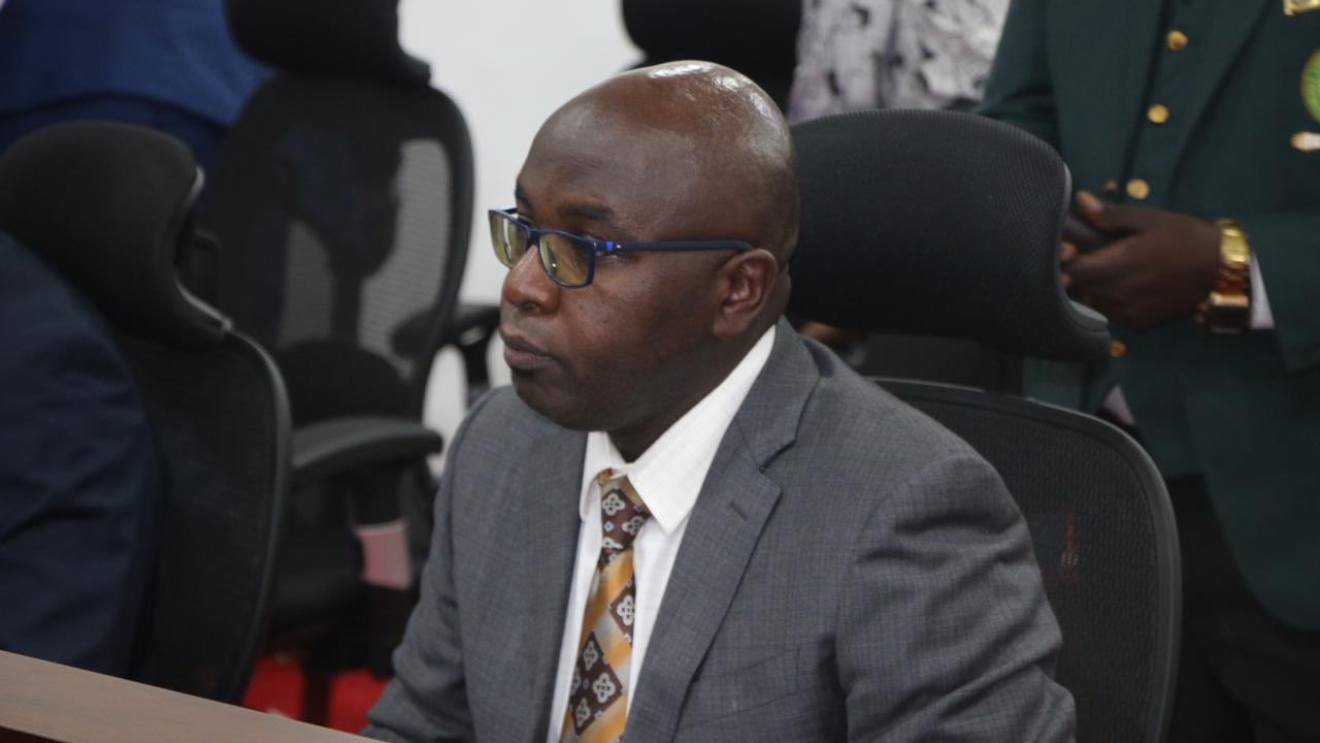Absa Bank Kenya has partnered with the International Finance Corporation (IFC) to enhance opportunities for more than 600 suppliers within two years.
Their latest initiative, a corporate procurement readiness training session, recently gathered more than 100 eager participants, showcasing a remarkable focus on inclusivity that embraces women, youth, and individuals living with disabilities.
The training, part of the IFC’s Sourcing2Equal Kenya programme, embodies a commitment to diversifying the supply chain.
Charles Wokabi, Absa Bank Kenya's Head of Sustainability and Corporate Affairs, shared the Bank's ambitious vision:
“We are committed to achieving the Sustainable Development Goals (SDGs) and advancing our sustainability initiatives," Wokabi stated.
Read More
"As we diversify our supply chains, we prioritise environmental, social, and governance (ESG) factors in our training programs to raise awareness of corporate sustainability and responsible business practices among our supply chain partners.”
The Bank aims to elevate its supplier diversity and inclusion ratio to 30 per cent by 2025, up from the current 18 per cent, thereby opening the doors for underrepresented groups to engage in procurement processes.
The IFC lauded Absa Bank Kenya's initiatives and underscored the importance of supply chains as a mechanism for the private sector to foster positive change
Anne Kibugi, the Regional Gender Africa Lead at IFC, emphasized the transformative potential of corporate supply chains for women entrepreneurs and other underserved groups aiming to elevate their businesses.
“In Kenya, corporate buyers estimate that less than three per cent of their corporate spending goes to women suppliers. IFC collaborates with companies such as Absa Bank to bridge these gaps and foster more inclusive and diverse supply chains,” she stated.
This latest training session provided a vital platform for small and medium enterprises (SMEs) led by women, youth, and individuals with disabilities to gain invaluable insights into best practices for building sustainable businesses and tapping into corporate procurement opportunities.
The event saw collaboration from several partners, including the Kenya National Chamber of Commerce and Industry - Nairobi County Chapter, Youth Connect Kenyan Chapter, and We Connect International.
Together, they aim to cultivate a more equitable business environment in Kenya, underscoring the belief that diversity within corporate supply chains is not just beneficial but essential for sustainable economic growth.
As these initiatives unfold, the ripple effect promises to enrich the Kenyan business ecosystem, empowering a new generation of suppliers ready to contribute to a more inclusive future.

-1729798516.jpg)





